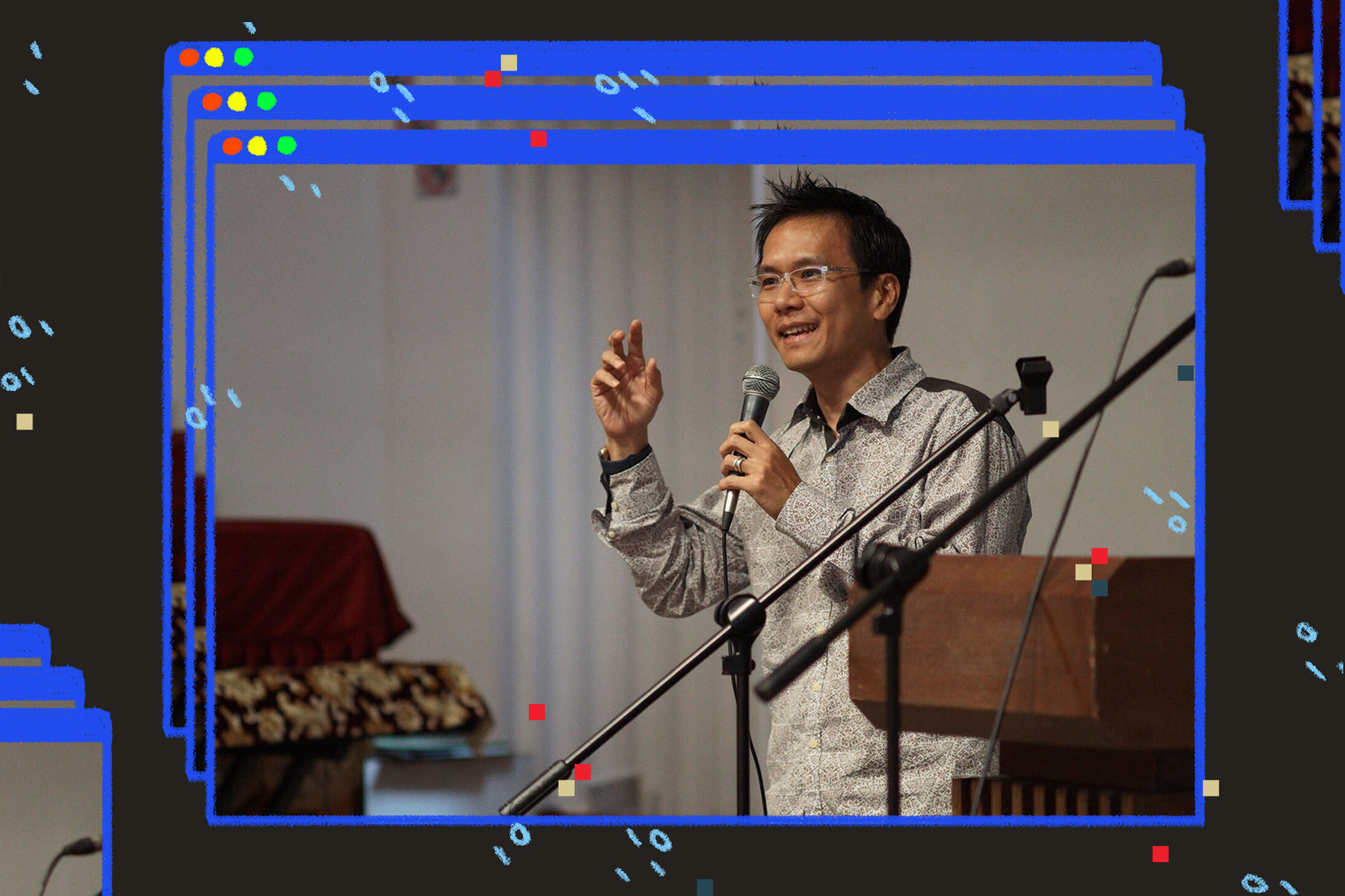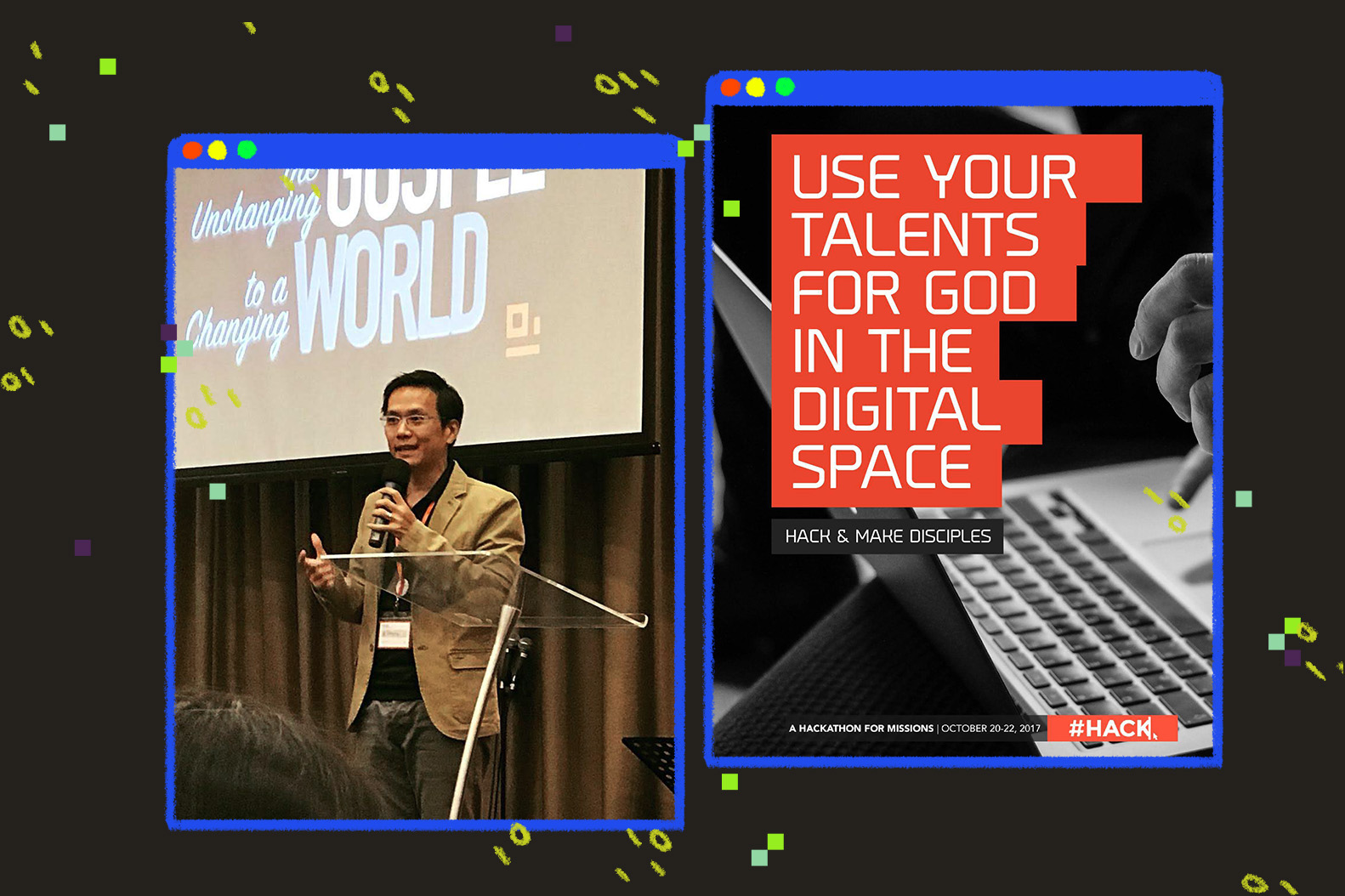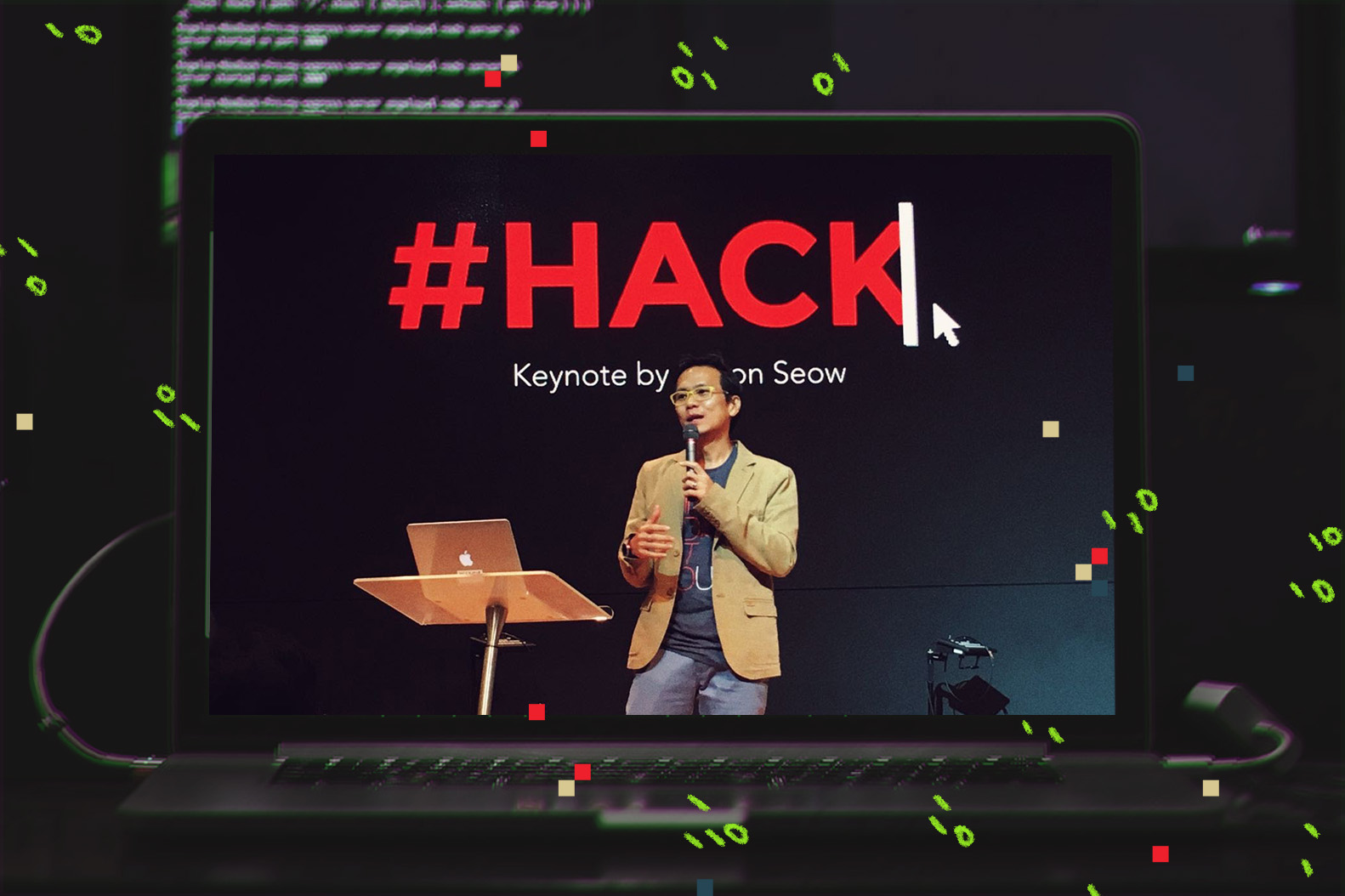Cru’s global digital strategist Simon Seow shares insights from his 20-year journey and how digital natives can impact the future.
About 10 years ago, God began to make the digital sphere a larger part of my story and service. In the early 2000s, I was leading the music ministry and creative communications group in Cru. We did short films, creative arts and worked with several different music bands.
We had an Internet ministry that was part of this group, but no one was leading this Internet ministry. I had no clue what it was about either, but I knew I needed to give some kind of leadership. That’s when I began to learn more about it.
At the time we were working with the Web 1.0. We had websites that explained the life of Jesus – standard HTML pages. We did things like translate pages to different languages, but even at that stage we saw thousands of people coming to engage with the content online.
We saw that we needed to pay attention to the digital sphere – something the global Cru ministry was already doing much more of.
HEARD OF INTERNET EVANGELISM DAY?
In the early days, we did things like Internet Evangelism Day, where we worked with local churches and partners to raise awareness about the need for Internet evangelism.
But in the past five years or so, I’ve found that the postures and attitudes of churches and parachurch organisations have shifted. They no longer resist technology. They now know it’s important, and they’re asking what they should do.
We’ve gone past the stage of needing to persuade people to make a change and evolve for the digital age. Of course, there are still those who are resistant – we’re moving with the middle of the curve – but I sense we have generally caught on to the importance of technology and staying relevant.

Many Christians have gifts and talents, but they may not know that God wants to use those talents and gifts for Kingdom building.
They may be an IT professional, good at writing, doing film or great at social media. But when they’re told to serve in the Body of Christ, it ends up being a traditional role: choir, children, parking… There’s nothing wrong with those things, but these people end up not discovering how their skills have a unique contribution to our digital world. Especially towards missions and Kingdom building.
As part of my role at Indigitous, I help to cast the vision for those with gifts and talents in the digital space. I hope to impart the message that they are of value to God – they can do more than help their pastors fix their PowerPoint. They can employ their talents to bring Kingdom solutions!
Indigitous started as a gathering for people who wanted to explore using their gifts and talents in the digital sphere. We did not know what it was going to grow into at the time. It was simply designed to help people discover that God has written gifts and talents into their stories for a reason. And when we presented missional opportunities or gaps where they could apply their gifts and technologies – they found that they were able to contribute and help meet those needs.
We continued these catalytic events through #HACK – a global, missional hackathon. Indigitous continues to be that learning community for networking and encouragement, while #HACK is about finding good solutions.
HOW ABOUT BEING A DIGITAL MISSIONARY?
When we put into a room people who are likeminded and likehearted – who also have the necessary gifts, skills, thinking and perspective to understand the problem – they can actually come up with some very innovative solutions.
This is something I saw in #HACK 2019 this past weekend. We had organisations like World Vision, Antioch of Asia and social enterprises like Migrant x Me join us. Many organisations like these are realising that they’ve got to try.
For instance, World Vision Singapore’s challenge this year was for a team to explore how healthcare might be made more accessible and affordable to children in Cebu City. They looked to solve the real problem of how an urban poor family might more easily get access to medical care.
So, more and more of such organisations are beginning to think: “We don’t know whether this will be a roaring success, but we have to figure it out and experiment – we must think of innovative approaches to stay relevant and effective with the people we’re trying to reach.”

On Friday night, when we were figuring out the teams for the hackathon, we had a round of “speed dating” – participants checked out different projects and settled down into one that most resonated with their heart and one they felt they could best contribute to. One of the mentors told me: “This is the Kingdom at its best.”
We didn’t care, there were no labels. It didn’t matter which church you were from. Young, old. Boy, girl. Experienced, not experienced. Student, working – we just wanted to do something with whatever God has given us. What a picture of the body of Christ serving one another well and glorifying Him!
A digital missionary is someone whom God has uniquely written “digital” into their story one way or another.
So digital natives can become digital missionaries. All of us are called to be God’s beloved, and to be people who are missional.
What does it mean to be a digital missionary? It is someone whom God has uniquely written “digital” into their story one way or another. They may have studied computer science. They may have gone into creative thinking or writing. They are wired to think “digital”.
When we pay attention to that story and what God is doing – together in this community of digital natives – we can become digital missionaries!
LET’S INNOVATE, NOT DUPLICATE
In 20 years, I honestly have no idea how outreach will evolve in this digital age. But we in the Body of Christ definitely hold the key to shaping that.
And we need to. Because the alternative is staying back, watching what the world does – and trying to copy that.
We need to be at the forefront. We actually have some really excellent folks in the digital space, for instance software engineers, people who create fantastic media content, digital marketers and social media influencers. But we need to figure out together where to speak and stand up as salt and light.
It’s really hard to say how technology will evolve. AI, machine learning, VR… these will have their place in the future, but how will we be able to use them? Frankly, I don’t know.
But do we need to be good learners and figure it out? Yes. We shouldn’t run away. We must stay engaged and discern how we can apply ourselves.
At the upcoming ChristianX conference, I hope to challenge our thinking and shift some paradigms for the participants. I want to encourage many to consider how God desires to use us digital missionaries for Him.
Whether we play the part of empowering others, releasing others or using our God-given talents to fulfil missional projects, all of us can be engaged in digital missions!
What might serving Christ look like in the digital age? How will the Church’s ministries evolve for the future?
Find answers to questions like these at ChristianX 2019: The Church in a Digital World. Held from October 18-19, 2019 (Friday-Saturday). For more details on speakers and topics, visit BGST’s official website.
- What are your gifts and talents?
- Do you have “digital” written into your story?
- How can you be salt and light where you are?










